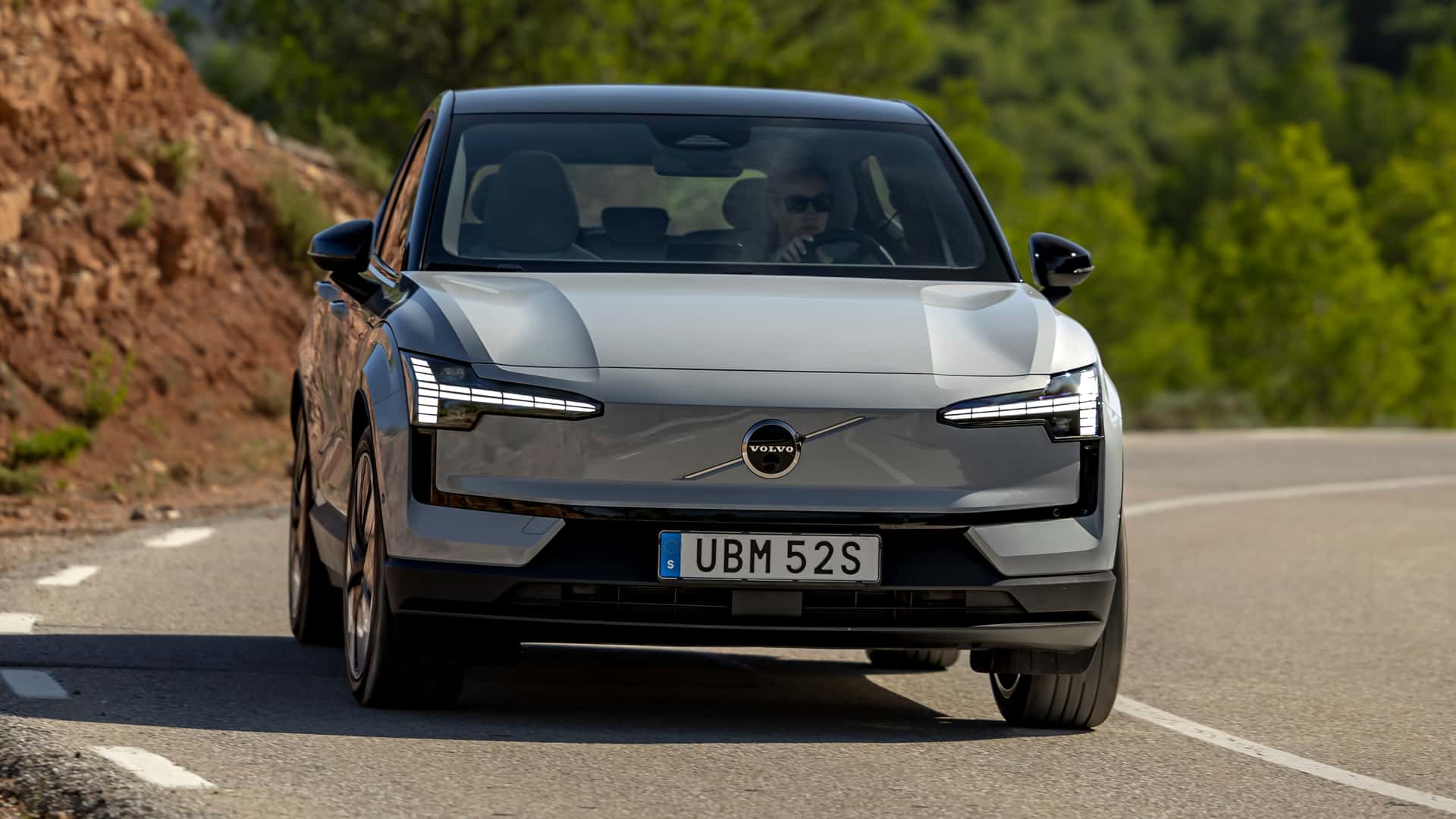Data from thousands of EVs shows the average daily driving distance is a small percentage of the EPA range of most EVs.
For years, range anxiety has been a major barrier to wider EV adoption in the U.S. It’s a common fear: imagine being in the middle of nowhere, with 5% juice remaining in your battery, and nowhere to charge. A nightmare nobody ever wants to experience, right? But a new study proves that in the real world, that’s a highly improbable scenario.
After analyzing information from 18,000 EVs across all 50 U.S. states, battery health and data start-up Recurrent found something we sort of knew but took for granted. The average distance Americans cover daily constitutes only a small percentage of what EVs are capable of covering thanks to modern-day battery and powertrain systems.
The study revealed that depending on the state, the average daily driving distance for EVs was between 20 and 45 miles, consuming only 8 to 16% of a battery’s EPA-rated range. Most EVs on sale today in the U.S. offer around 250 miles of range, and many models are capable of covering over 300 miles.



This is such a bone-headed approach. Averages are meaningless. People don’t have one car for short trips and a different one for long trips.
You’re worried about range but did you know that range is only a problem for 3% of the journeys you make? Just stop visiting people, going on holiday, or travelling for work and it’s fine!
If each trip is one day, you’re telling me the car will not be useful ten days every year? Phrase it like that and it becomes much more obvious how useful that is